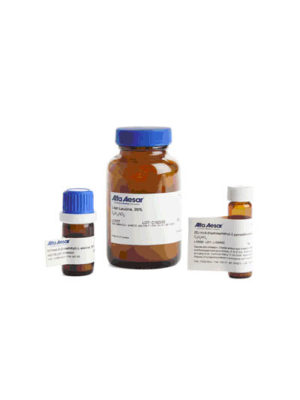Monomers

Monomers
A monomer is a molecule of any class of organic compounds that can bind chemically to molecules of the same or other compounds to form a polymer containing large number of repeating units of monomers. In general monomers that contain either multiple bonds, or two or more functional groups, or a ring containing three to seven atoms undergo polymerization. Oligomers contain small number of monomers.
Well-known naturally occurring monomers are amino acids, nucleotides, monosaccharides and fatty acids. Amino acids are monomers that are the building blocks of peptides and proteins. Nucleotides are monomers that bind to form nucleic acids, the building blocks of DNA and RNA, through dehydration. Monosaccharides are the monomers of polysaccharides. Fatty acids are the monomers of Lipids, the biological macromolecule used to store energy and structure to cell membrane.
One of the most widely used plastics, polystyrene is a synthetic aromatic polymer made up of repeating units of styrene monomer. Caprolactam is a monomer that forms nylon-6 which is used in textile and plastic industries. Isoprene monomers polymerise to yield natural rubber. Acrylic monomers polymerize to form glass-like polymers, which are used in huge number of consumer products. The popular, PVC (polyvinyl chloride) is made up of vinyl chloride.


